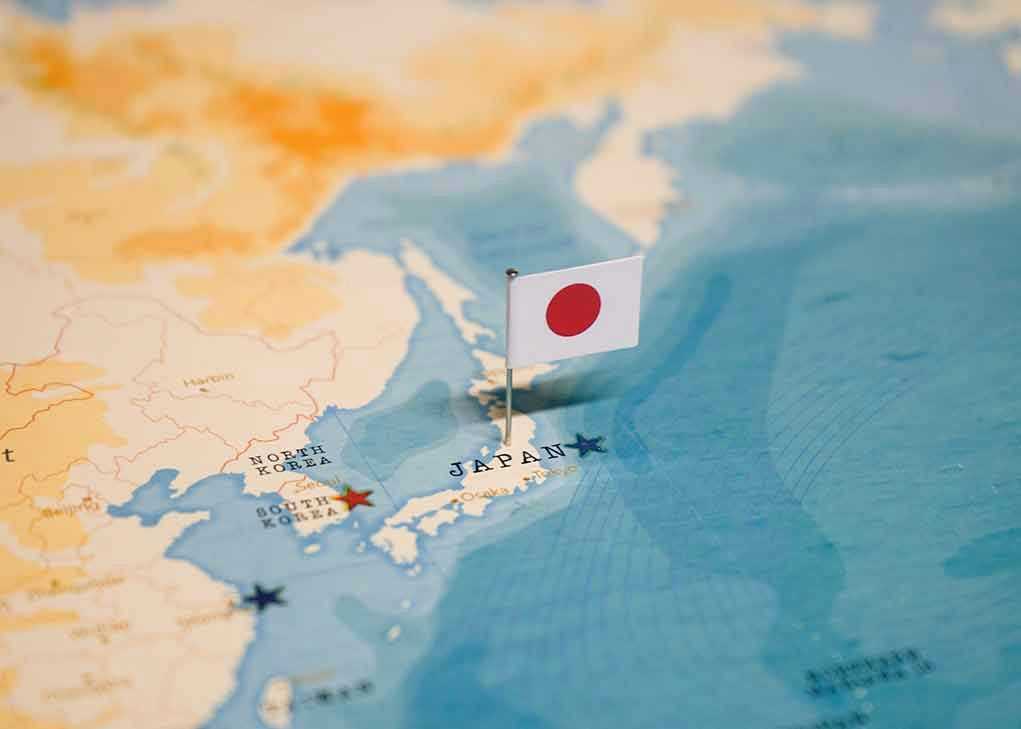
Washington’s decision to slap massive tariffs on South Korea and Japan—America’s two most critical Indo-Pacific allies—has left jaws on the floor worldwide, with many now wondering if we’re witnessing the unraveling of decades of hard-won U.S. strategic influence in Asia.
At a Glance
- Trump administration imposes 25–40% tariffs on imports from Japan, South Korea, and 12 other nations, igniting diplomatic chaos.
- Allies express shock and anger, calling the move a betrayal of trust and partnership.
- The tariffs threaten to fracture the U.S.-led alliance system, potentially strengthening China’s regional ambitions.
- American consumers and manufacturers face higher costs as global supply chains reel.
Tariffs on Allies: A Strategy That Defies Common Sense
The Trump administration’s announcement on July 7, 2025, of sweeping tariffs—ranging from 25% to 40%—on imports from fourteen countries, including Japan and South Korea, has sent shockwaves through diplomatic and economic circles. For decades, these two countries have served as the mainstay of America’s Indo-Pacific policy, propping up both the regional economy and the security framework that keeps Beijing’s ambitions in check. This latest “America First” gambit, however, risks burning the very bridges that have kept the United States relevant—and safe—in a rapidly shifting world order.
President Trump’s rationale? He claims that these tariffs are a necessary response to unfair trade practices and an effort to prevent the emergence of alternative economic blocs like BRICS, which could challenge American economic dominance. The reality? Our closest friends in Asia now feel blindsided and betrayed. South Korea and Japan, not to mention several ASEAN partners, are now openly questioning if they can rely on Washington as a partner—or whether they need to start hedging their bets elsewhere. As if that weren’t enough, China is watching from the sidelines, grinning ear-to-ear as U.S. alliances fracture and the region’s balance of power tilts ever so slightly in its favor.
Allies in Revolt: “Shock, Frustration, and Anger”
Within hours of the tariff announcement, governments across the Indo-Pacific erupted in protest. South Korean officials called the move “deeply regrettable,” while Japan’s Ministry of Foreign Affairs expressed “shock, frustration, and anger” at the abrupt escalation. The letters sent by President Trump to fourteen foreign governments contained a not-so-veiled threat: Accept new, U.S.-dictated trade terms by August 1, or face the full force of tariffs that could cripple national economies.
Asian governments are not taking this lying down. Emergency meetings in Tokyo and Seoul are underway, with leaders urgently reevaluating their strategic calculus. There’s open talk of seeking alternative partnerships—yes, even with China—in an effort to avoid economic disaster. Meanwhile, U.S. lawmakers on diplomatic missions, like Senator Marco Rubio in Asia, have found their efforts completely overshadowed by the brewing trade war. The message from Washington, it seems, is that even America’s oldest friends are expendable if it means scoring political points back home.
America’s Security and Prosperity Now at Risk
Let’s get one thing straight: No serious analyst disputes that the Indo-Pacific region is the most important geopolitical chessboard of the 21st century. For generations, the U.S. has kept the peace and anchored global supply chains by leading alliances that stretch from Tokyo to Seoul and beyond. The tariffs now threaten to upend that order, pushing vital allies to question whether the U.S. is a trustworthy partner—or just another unpredictable bully.
Experts warn that the short-term pain—disrupted trade, higher costs for American families, and diplomatic blowback—pales in comparison to the long-term risks. The U.S.-led alliance system could unravel, leaving China free to expand its influence while American credibility is left in tatters. Automakers, electronics manufacturers, and consumer goods producers—many of whom rely on cross-border supply chains—are bracing for layoffs and price hikes. In other words: We are sacrificing decades of strategic advantage for a trade tactic that looks more like self-sabotage than smart statecraft.
The Real Winners: China and American Adversaries
While the White House touts these tariffs as a blow to “unfair trade,” the only party truly celebrating is the Chinese Communist Party. By driving a wedge between America and its closest Asian allies, these tariffs could do more to advance Beijing’s interests than any policy Xi Jinping could dream up. A fractured alliance system means less collective strength to push back against Chinese aggression in the South China Sea, on the Korean Peninsula, and beyond.
Worst of all, this is happening at a time when the U.S. needs its allies more than ever—to counter China, to secure global supply chains, and to defend free markets. Yet, the message from Washington is clear: Even loyalty and decades of partnership are expendable when domestic politics demand a scapegoat. The result? We risk turning friends into skeptics, allies into rivals, and handing our adversaries a strategic windfall on a silver platter.











